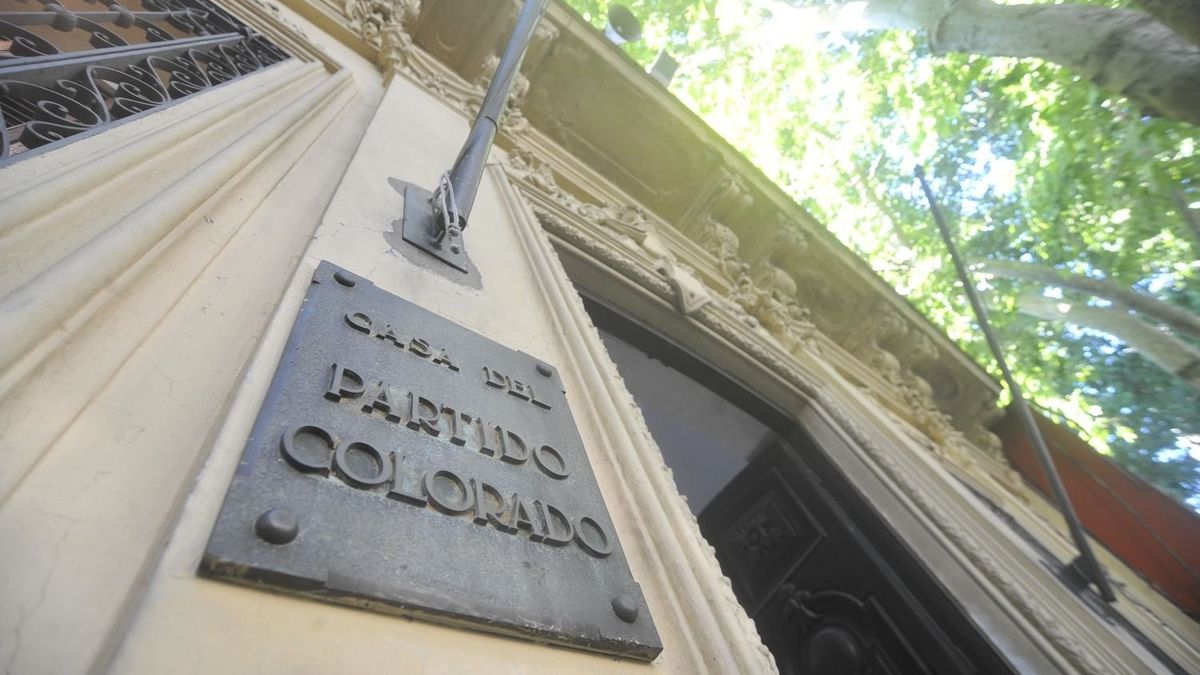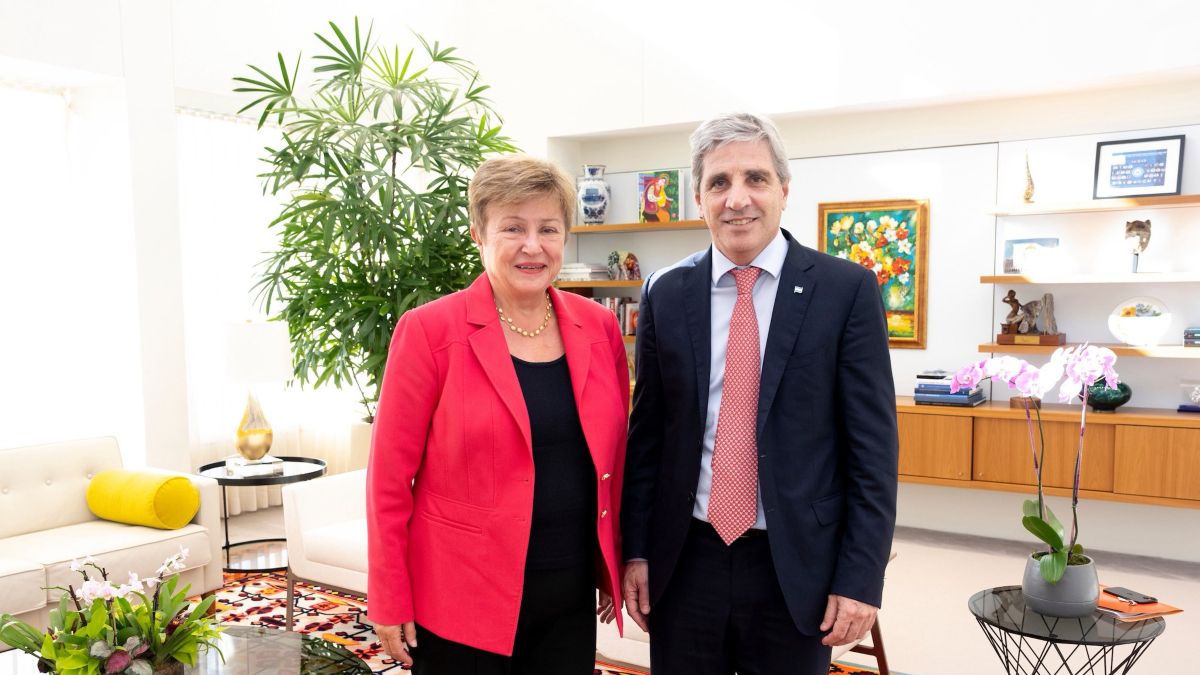Citizens announced yesterday that it would promote a plebiscite to modify the income system for Uruguayan departmental governments, in honor of the recently deceased senator, Adrian Pena, who had presented the project on two occasions; However, the initiative generated controversy within the Colorado Party (PC) although it has the support of Broad Front (FA), but with some conditions.
The objective of the initiative is to incorporate into the Uruguayan Constitution a rule that establishes that employment entry in the municipalities must be through competition. The initiative had begun with Adrián Peña, the senator who died last Thursday at night in a traffic accident, who had presented the bills twice in Parliament.
The proposed text establishes that “the income and promotions of personnel in the Departmental Governments They must be carried out through public competitions, held in accordance with the principles of publicity, transparency and equal opportunities and with fair weighting between technical capacity and merits and background. from each person”.
“Failing this, personnel admissions may be made through public draws called and held by the Departmental Governments, in accordance with the principles of publicity, transparency and equal opportunities,” adds the project.
Discomfort in the Colorado Party
The initiative was announced by the presidential candidate, Robert Silva, who assured that the initiative aims to professionalize functions within the government. “This proposal for a constitutional amendment is fundamental because, in our opinion, it leaves the argument of the constitutionality of the proposal that we had carried out by the wayside,” said the leader of the Crece sector.
However, this generated disputes within the Colorado Party. The first to raise his voice was the senator Germán Manuel Coutinho Rodríguez who classified the presentation of the plebiscite. Coutinho had voted in favor of the project at the time after Peña convinced him, but he claimed that the plebiscite was not discussed within the party and that he ended up finding out about it through the press, as reported by Radio Carve.
The opposition agrees, these are conditions
For the plebiscite to prosper, it needs 2/5 of the general Assembly, which translates into 52 legislators who sign in favor of the reform. In this sense, if all the senators who supported the project at the time Peña presented it, it would greatly exceed the margins for its approval that would take it to this year’s elections, even without the support of the National Party (PN) who was never in favor.
In that sense, two references of the Wide Front They were in favor of the project. One of them was the pre-candidate for president and senator, Mario Bergara, who assured that he “views the initiative very favorably.” “For some reason Wide Front supported in its entirety the project that the senator presented at the time Adrian Pena“, he explained and considered that the change “combats opacity, finger-pointing and political clientelism.”
However, he announced that they would review the text and try to polish it due to the fact that the reform would enter the Constitution of the Republic. “There are certain safeguards, linked to departmental autonomy that can be analyzed, such as an escape route that the original project had, which was to enable up to 10% of income with direct appointments. Paradoxically, that could not enter the law because that point, according to the jurists, altered municipal autonomy. Now, as we would go through the constitutional route, which is an escape valve, it can be incorporated,” he explained.
The president of the FA, Fernando Pereira, He also assured, in a press conference, that he agreed with the change in the mechanism for entering the municipalities. However, he questioned whether the most correct thing to do is to go to a plebiscite to carry out the reform. “There is an issue of form. “We are discussing this a few days after having to present a project that is constitutional reform,” he said.
“We are aware of having two fifths of the Parliament, and that this gives us an additional responsibility, but we are also aware that we have to discuss the issue in the Political Table, with legal reports. And also seeing a number of plebiscites that will be generated in this election, which then are, on the one hand, a problem in the national election, due to a set of noises in the national election, and places risks on issues that are enormously important,” he questioned.
Source: Ambito




